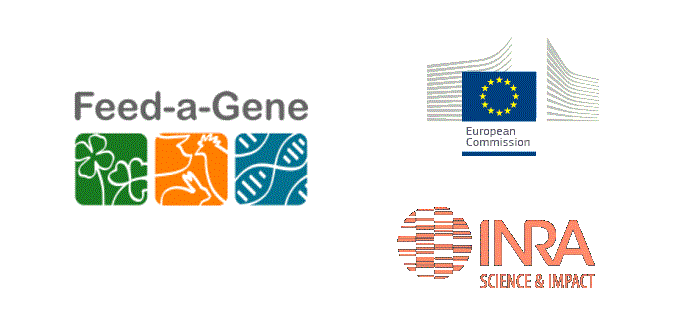Europe and China are to work together on a monogastric production project to improve the overall efficiency of the livestock involved, while also seeking to reduce their environmental impact.
The project, which is called Feed-a-Gene, will focus on the development of new and alternative feed resources and technologies and the identification and selection of animals which are better adapted to “fluctuating conditions”.
Aimed at pigs and poultry, Feed-a-Gene involves an international consortium of 23 public and private partners, including two from the UK, namely Newcastle University and the commercial company, Cobb.
Set to run for five years, the project is being coordinated by the French national farm research institute (INRA), backed by funding of €9 million (£6.4m) from the EU.
“The global demand for animal products continues to increase, notably because of strong demographic growth and higher purchasing power,” said the Feed-a-Gene organisation, adding that, according to FAO, there are currently no viable alternatives to intensive livestock production to meet this growing demand.
“Monogastric species (pigs and poultry) are the main sources of animal products. However, competition between food, feed, and fuel and environmental issues (phosphate and nitrate concentration in water) caused by monogastric livestock production must be addressed and new solutions to increase the efficiency and sustainability of livestock production systems must be developed.”
Project aims include:
- Unlock the potential of existing feeds and identify new and alternative feed sources.
- Use precision livestock production, including precision feeding for better adapting the nutrient supply to animal requirements.
- Identify new genetic markers and use genetic diversity to breed more efficient and robust animals better adapted to fluctuating environmental conditions.




